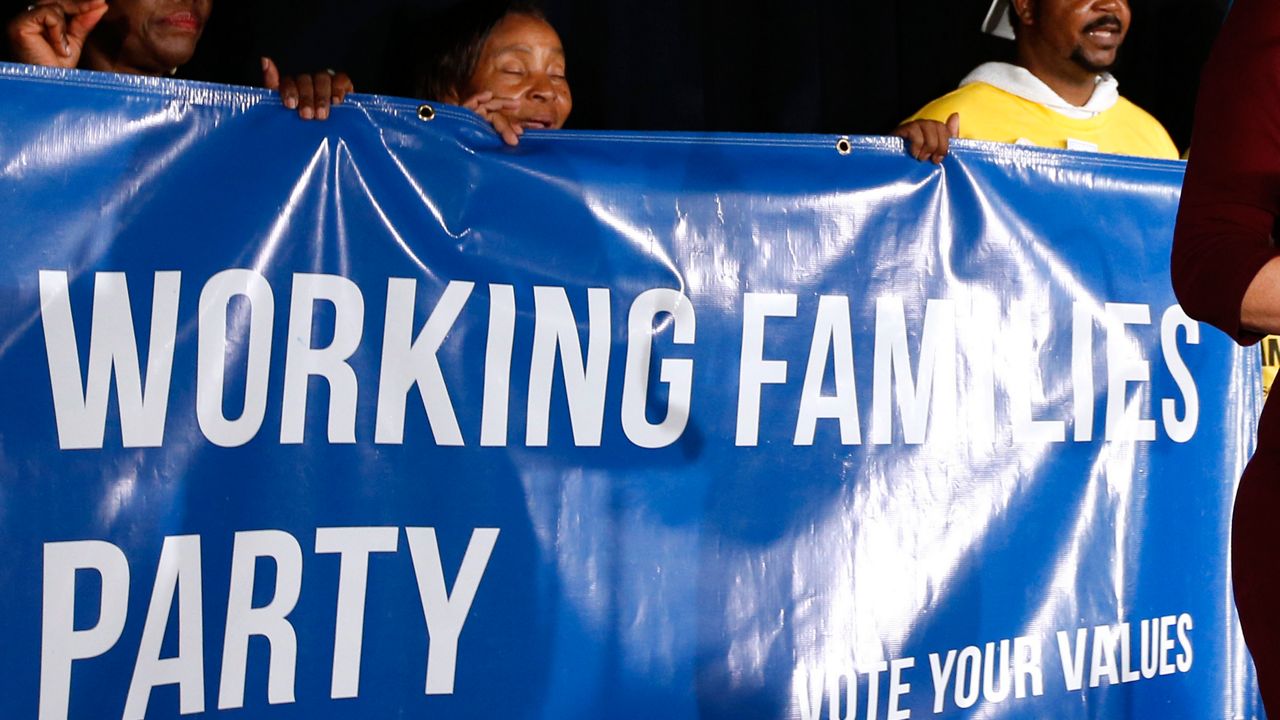Members of New York’s House delegation on Thursday tweeted their support for the Working Families Party as the organization is fighting potentially for its future in the state.
A commission determining the specifics of how publicly financed campaigns will work in state elections is also considering changes to how minor parties can retain their ballot status — a move that could threaten the WFP’s status, and others, of remaining on the ballot.
Under the plan floated by commission member and state Democratic Chairman Jay Jacobs, parties would have to achieve a certain threshold number of votes every two years.
The current requirement for keeping ballot status is to reach 50,000 votes every four years for a line’s gubernatorial candidate. That threshold number of votes could also be increased.
Jacobs has defended the idea of stiffening the requirements, arguing legitimate political parties should not have trouble meeting the new threshold.
But the WFP is concerned the change is part of a broader effort to weaken the organization after it supported Gov. Andrew Cuomo’s Democratic primary challenger Cynthia Nixon in 2018. Jacobs is a Cuomo ally.
“JUST SAY NO!” Rep. Anthony Brindisi posted on Twitter. “The plan to end the @NYWFP line pushed by the Public Financing Commission will disenfranchise thousands of voters across the state and hurt representatives that are fighting for working families.”
Added Rep. Grace Meng, a Queens Democrat and a vice chair for the DNC: “The Public Financing Commission’s plan to end the @NYWFP line is unprecedented. Thanks to the WFP, Dems have won key victories in Congress and across NY. This plan helps conservatives and hurts Democrats and progressive policies.”
Rep. Antonio Delgado posted that an end to the WFP line “would tip the scales for special interests.”
“The Public Financing Commission should reconsider the current plan,” he tweeted.
Both Brindisi and Delgado ran on the WFP line and are Democrats representing potential battleground seats next year.
The commission is expected to release its final report next week. Lawmakers can either return to Albany for a special session before the end of the year to change it or the panel’s recommendations become law.



